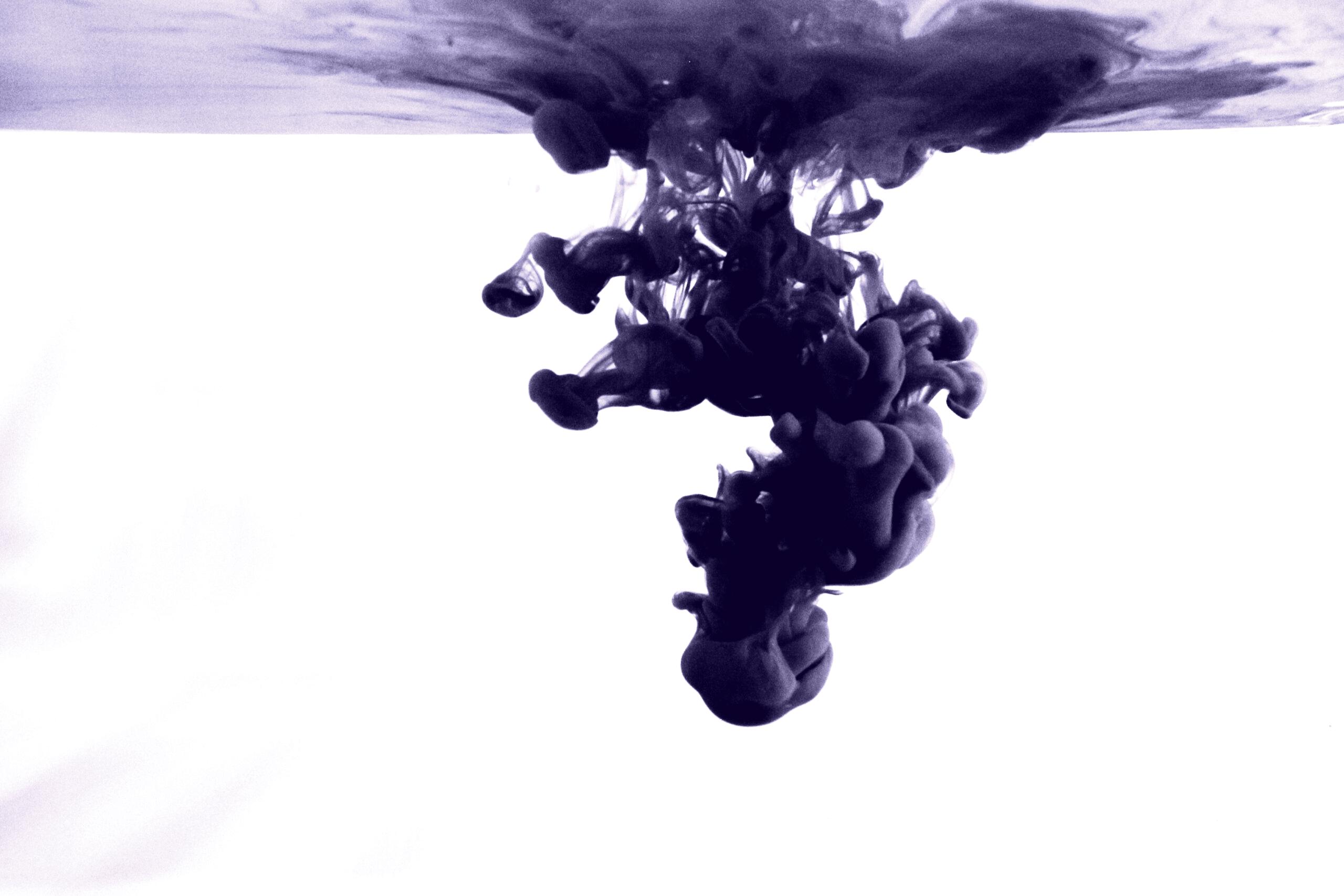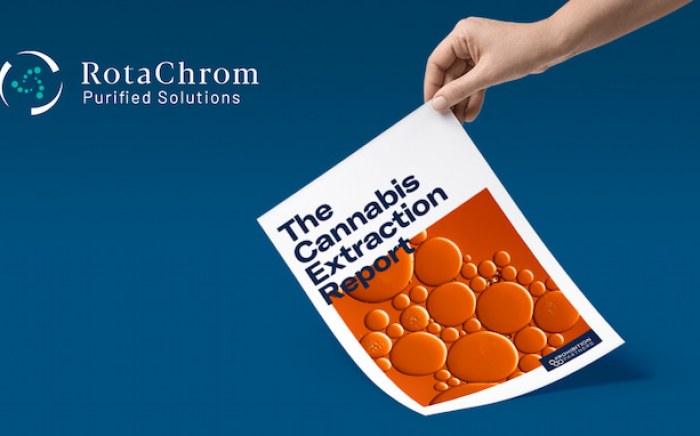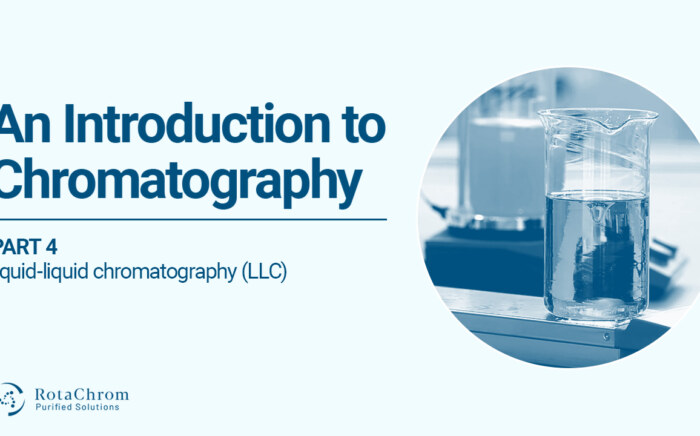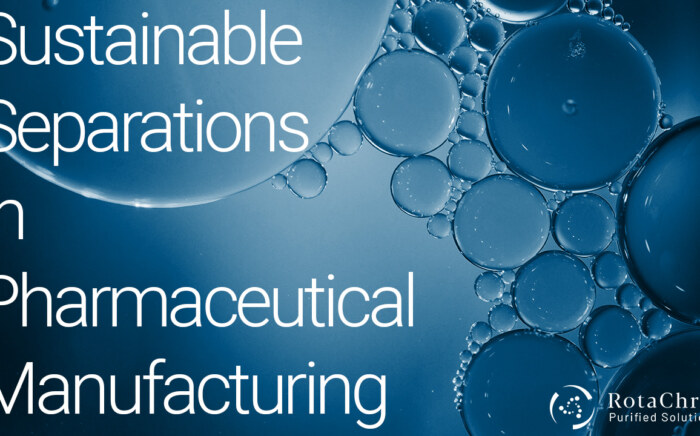Increasing separation efficiency by pH adjustment in Centrifugal Partition Chromatography
NewsThe production of small molecule Active Pharmaceutical Ingredients (APIs) is a complex and intricate process that demands specialized facilities, regulatory expertise, chemistry know-how, and efficient supply chain management. To navigate these challenges successfully, numerous pharmaceutical innovators opt for the expertise of Contract Development and Manufacturing Organizations (CDMOs) to handle the manufacturing of their APIs. Achieving high-purity pharmaceutical products hinges on establishing a robust and effective API manufacturing process, including the production of key intermediates. The selection of appropriate techniques depends on the product’s characteristics and the nature of the manufacturing process. Among the array of methods available, one widely employed approach is preparative chromatography, renowned for its efficacy in separating, purifying, and isolating substances from complex mixtures.
RotaChrom’s Solutions for API Production
RotaChrom has revolutionized preparative purification with its groundbreaking Industrial-Scale Centrifugal Partition Chromatography (CPC) method. Unlike conventional techniques reliant on solid stationary phases, RotaChrom’s innovative technology employs a liquid-liquid approach, delivering unparalleled precision in molecular separation. The result is a highly efficient system that not only boasts exceptional yield and purity but also offers cost reductions and simplifies downstream method development for a wide array of purification tasks.
What sets this novel CPC technology apart is its independence from silica gel. Unlike traditional methods, RotaChrom’s CPC operates without the need for silica gel as the stationary phase, making it an environmentally-friendly and sustainable alternative. Liquid-liquid chromatography lies at the core of this advanced separation method, integrating the principles of both liquid-liquid separation and chromatography. Within this system, separation occurs between two immiscible liquid phases, wherein solutes are differentially partitioned between these phases.
In liquid-liquid chromatography, one of the involved phases serves as the stationary phase, firmly held in place throughout the separation process by a powerful centrifugal force. This setup offers a unique advantage, enabling the loading of high sample volumes as solutes can freely access the entire volume of the liquid stationary phase. Additionally, liquid-liquid chromatography effectively eliminates the issue of irreversible adsorption, ensuring complete sample recovery.
The adaptability and efficiency of RotaChrom’s liquid-liquid chromatography system have garnered significant attention in various industries. By sidestepping the conventional use of silica gel, RotaChrom not only presents a greener solution but also offers greater flexibility and productivity in chromatographic separations. With complete sample recovery and enhanced control over separation processes, RotaChrom’s technology emerges as a powerful tool for achieving superior purification results in diverse applications.
Further Resources
To learn more about CPC and chromatography in general, click any of the links below.



